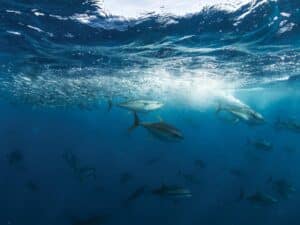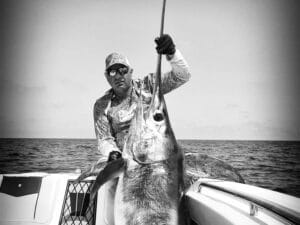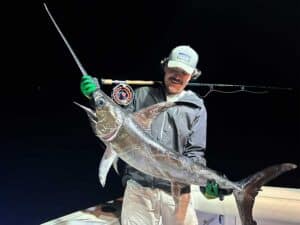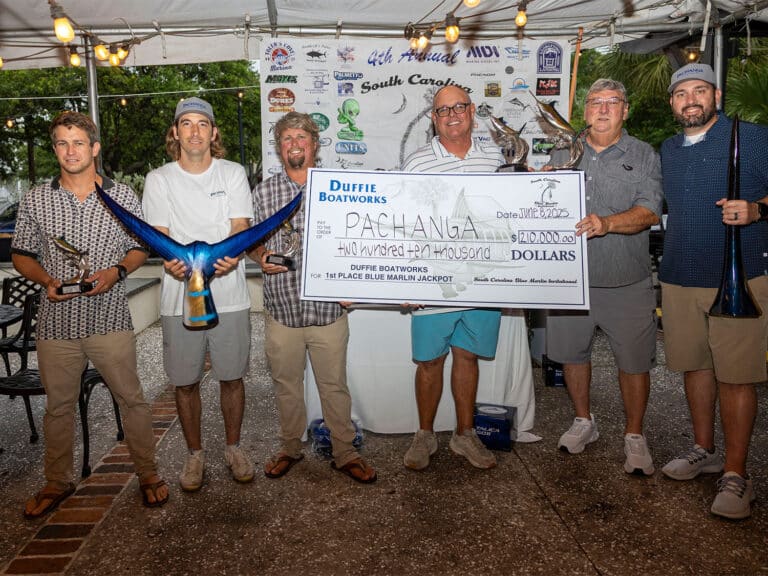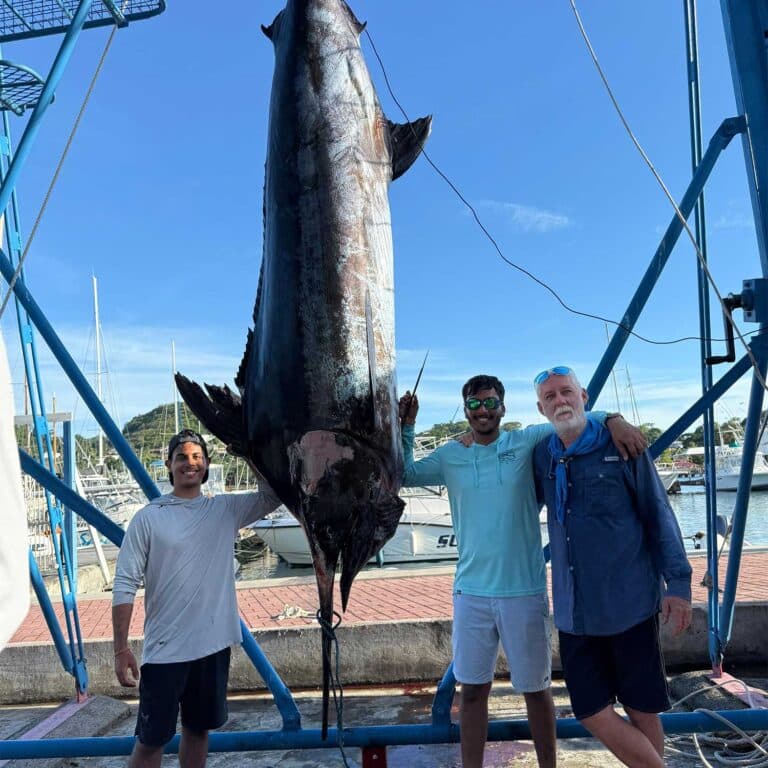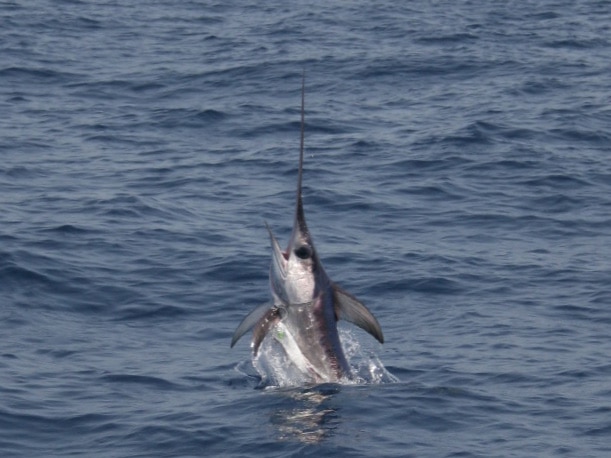
NOVA Southeastern University has ended its pelagic longline research in Florida’s east coast closed zone, according to a press release from The Billfish Foundation, one of the project’s harshest critics.
The Billfish Foundation made the announcement Wednesday, Sept. 28, on its website. The organization considered it a conservation victory and applauded the decision, which comes after it sent a letter earlier this year to NOVA Southeastern University President Dr. George L. Hanbury II about the potential impact to the university’s reputation. The university in the past received praise from The Carnegie Foundation for the Advancement of Teaching as a High Research and Community Engagement University, an honor given to only 37 schools.
The National Marine Fisheries Service’s Office of Highly Migratory Species announced earlier this year it would allow pelagic longline research on a limited basis for Florida’s east coast closed zone. Many groups opposed it due to the potential damage it could have on marine resources and particularly juvenile swordfish stocks off Florida’s coast, as well as marine and tourism jobs dependent on those resources.
